Women, whether you acknowledge it or not, have always had your back. Whether it’s as a homemaker who cares for you and your family without any pay for her labour, as a working woman, or as an activist fighting for social justice for entire communities—women play an irreplaceable role in our lives. However, history hasn’t always been that kind to women and the contributions they’ve made.
And yet, the fact remains that whenever societies have needed a strong foundation or support, women have been there. This is true for every community, race, nation and movement in the world. Don’t believe us? Here are all the global movements that wouldn’t have been a success if it hadn’t been for women and the role they played.
Women In War And Peace
Wars at various levels and scales have been a part of our history. While the very act of war in pre-modern times has been restricted to men in the armies, navies and later the air forces, women have only made their entry into these defensive forces in the last 50 to 70 years. As nurses and peacekeepers, however, women have always made their presence known. Take the example of Florence Nightingale and the nurses she worked with, in the Crimean War. These women not only cared for the wounded in wars, but also made breakthroughs about how infections spread and wounds get worse. Women in the Red Cross have also had a similar impact.
But perhaps the greatest impact women have had in peacekeeping has been since the United Nations was established. UN Peacekeeping efforts, whether they involve the police, military or civilians, have always included women. In 1993, women in UN Peacekeeping efforts made up for only one per cent of the deployed uniformed personnel. By 2020, women constituted 4.8 per cent of peacekeeping military contingents, 10.9 per cent of formed police units, and 34 per cent of justice and corrections personnel in the UN Peacekeeping missions. UN Peacekeeping says that “women peacekeepers have proven that they can perform the same roles, to the same standards and under the same difficult conditions, as their male counterparts.” Keeping this in mind, the UN hopes to increase the number of women in its Peacekeeping missions by 2028 across the board.
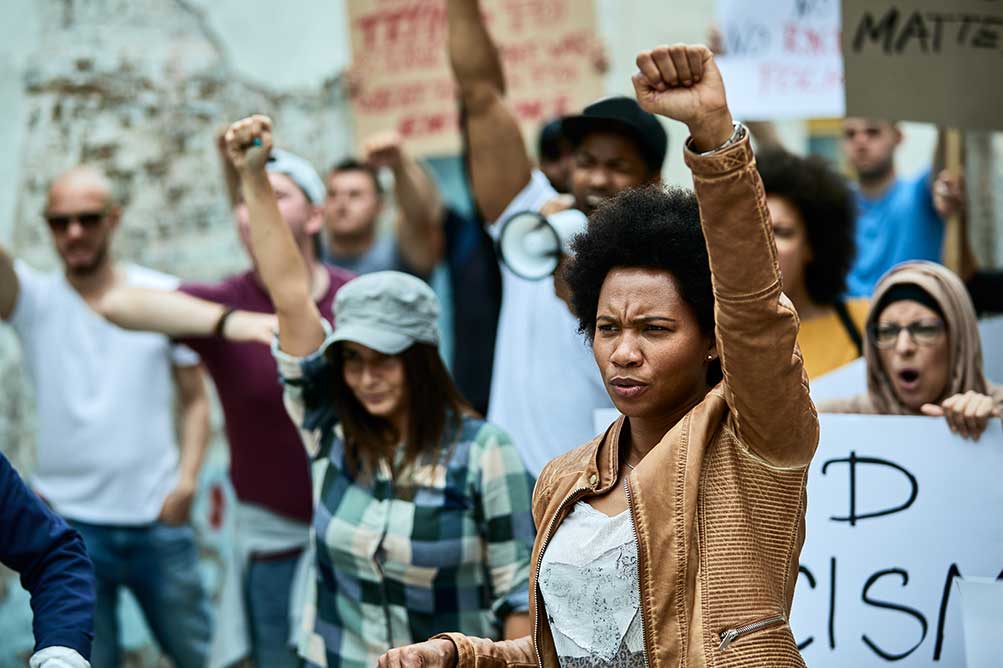
American Civil Rights
The American Civil Rights movement started in the late 19th century in the United States of America, but gained real momentum from 1954 to 1968 as a movement against racism, racial segregation, discrimination and disenfranchisement. Most people know about the most famous leaders of this movement, like Martin Luther King and Malcolm X. But there were thousands, if not millions, of American women who helped the movement along. Early leaders in the movement include outspoken activists like Ida B Wells and Mary Church Terrell. Septima Clark designed educational programmes to teach the African-American community about their rights, and her idea of “citizen education” became the cornerstone of the movement. Ella Baker, who founded the Student Nonviolent Coordinating Committee, and Fannie Lou Hamer were other famous women who pushed this movement forward.
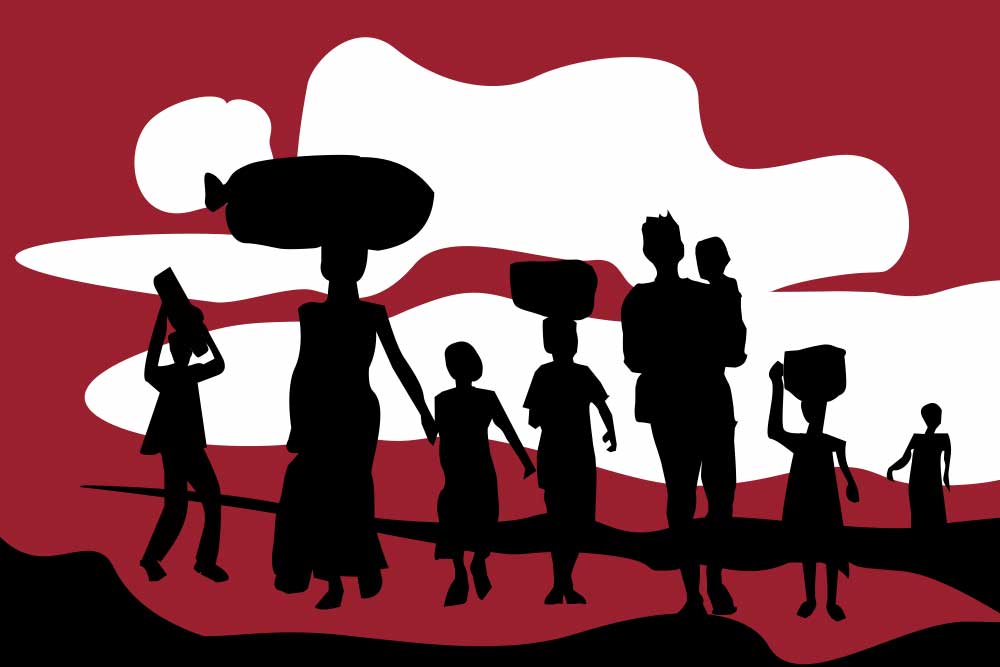
Labour Movement
The labour movement had its origins in Europe during the industrial revolution in the late 18th and 19th centuries, and spread all over the world. Industrial workers who operated machines and did manual work in factory towns like London and Manchester (to begin with) lived in squalid conditions and for very little pay. The workers often included women and children, and it was only through unionisation in the 20th century that they began to access their rights. One of the earliest examples of women taking the charge in this movement was the Match Workers’ strike of 1888. Annie Besant was one of the activists who helped raise awareness about the issue, while the historic Union of Women Matchmakers was formed to support the women and girls working in the industry.
This was only the beginning as women unionised across the world and united to access their rights as workers. Margaret Hinchey spearheaded the laundry workers’ movement in New York in the 1910s, while the International Ladies’ Garment Workers’ Union was formed around the same time in the USA. Sue Ko Lee, Rose Schneiderman, Clara Lemlich Shavelson, Emma Tanyuca, Rosina Corrothers Tucker and Inez Milholland were some of the leaders of the American Labour Movement. Similarly, in Britain, the Ford factory workers in Dagenham in the 1960s not only took the movement forward but also raised the clarion call of “equal pay for equal work”. In India, women textile workers were the first to stand up for their rights, and Anusuya Sarabhai, the founder of the Ahmedabad Textile Labour Association, emerged as a big leader.
India Freedom Struggle
From Rani Lakshmibai of Jhansi to Sarojini Naidu, from Captain Lakshmi Sehgal to revolutionaries like Durgawati Devi and Matangini Hazra, women have played a constant and immense role in India’s struggle for independence. This is not a fact any of us are strangers to. And nor are we unaware of the fact that these women do not always get the attention or appreciation they deserve. In fact, most of the women who participated in this long struggle remain unnamed even today, whether they were a part of the 1857 struggle, during the early 19th century, or at the peak of the struggle in the 1930s and 1940s.
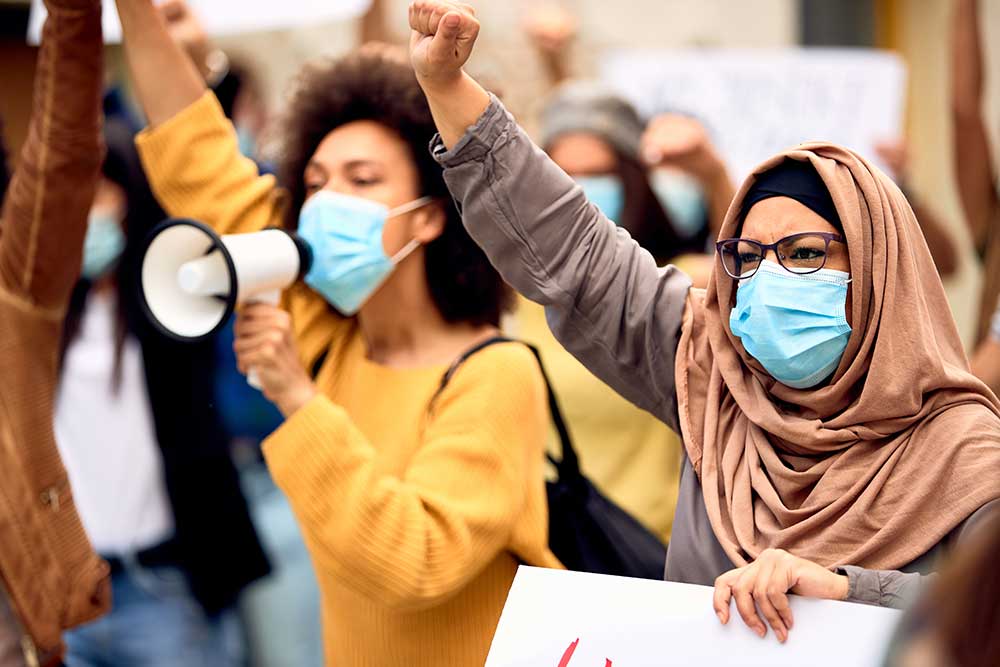
In Fact, Every Nation’s Freedom Struggle?
Given that colonialism—British, French, Spanish, Portuguese or Dutch—has had a huge global impact, it’s not surprising that women from most nations have had a role to play in their freedom movements. It’s time we knew about and appreciated their contributions too. For example, in Egypt, women protested in the streets from 1919 onwards to protest against British rule. Egyptian women like Hoda Shaarawi, Nabawiyya Musa and Saiza Nabarawi not only led this movement but were also leading feminists. Everyone knows about Nelson Mandela and South Africa’s fight against British colonialism, but women like Amina Cachalia, Ida Mntwana, Annie Silinga, Ruth First, Rahima Moosa and Helena Suzman were also critical contributors to the movement.
In Ghana, women like Rebecca Naa Dedei Aryeetey, Susanna Al-Hassan, Mabel Dove Danquah, Theodosia Salomey Okoh, Hannah Cudjoe, Gloria Amon Nikoi and Agnes Oforiwa Tagoe-Quarcoopome led their freedom movement. In Mexico, Leona Vicario, Josefa Ortiz de Dominguez, Carmen Camacho and Maria Fermina Rivera did everything from writing for freedom to taking up arms for the nation’s freedom. There are clearly countless such women from across the world who have contributed to their nation by standing side by side with other citizens who fought for freedom from colonial rule.
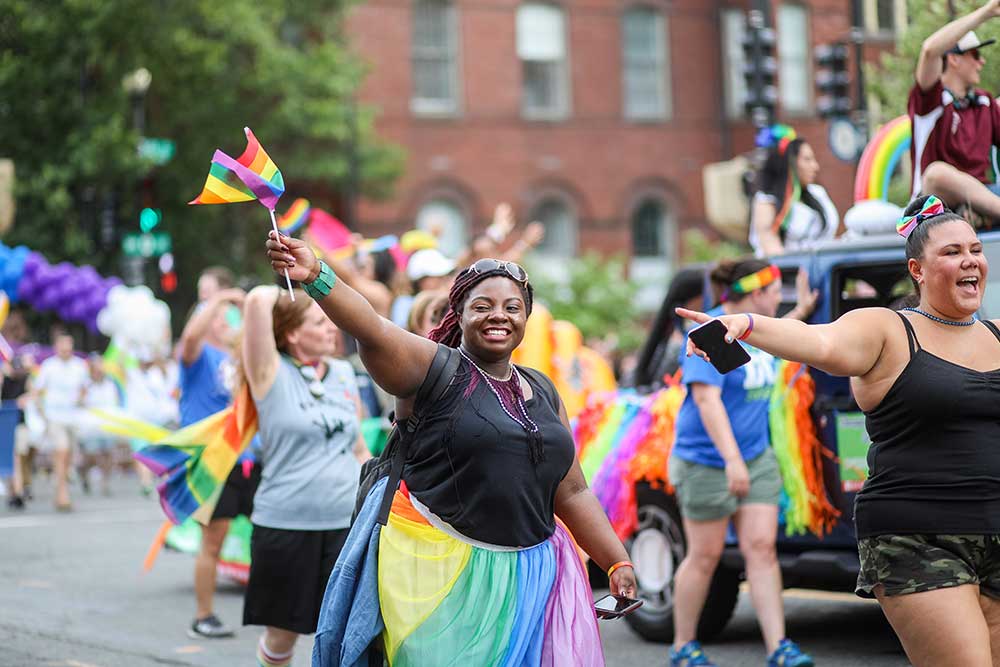
LGBTQIA+ Rights Movement
Women are an integral part of the global LGBTQIA+ rights movement. In fact, many women have played an instrumental role in founding the LGBTQIA+ movement and shaping it into the form we know it now. Brenda Howard, popularly known as the “mother of Pride”, started the first Pride Parade, ever! Storme DeLarverie is known as a “gay superhero” even today. Miss Major Griffin-Gracy, Lani Ka’ahumanu, Del Martin, Phyllis Lyon, Jeanne Cordova, Barbara Smith, Rita Mae Brown, Edie Windsor, Sylvia Rivera and Marsha P Johnson have also shaped the LGBTQIA+ movement as we know it today.
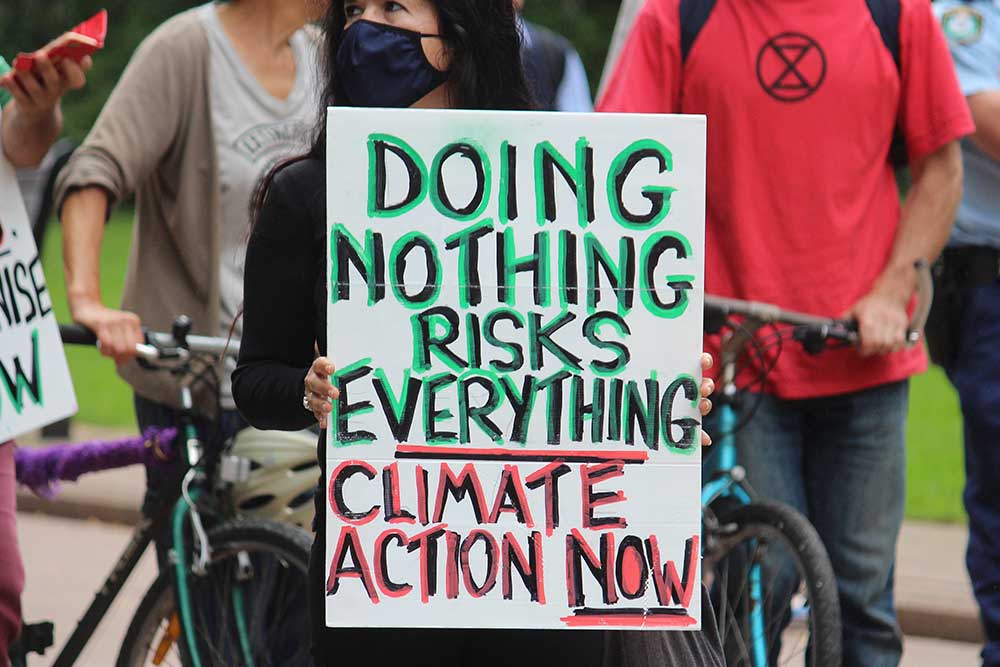
Ongoing Climate Action Movements
There are many movements that have been initiated all over the world against climate change, deforestation and other environmental issues—and women have indeed played a key role in all of them. While climate action is not a successful movement as yet, the urgency of the movement demands that we celebrate and support the women leading it. Yes, this includes women like Greta Thunberg and child activists, but also requires appreciation for women like Christiana Figueres, Rhiana Gunn-Wright, Hindou Oumarou Ibrahim, Tessa Khan, Rachel Kyte, Sunita Narain, Dr Vandana Shiva, Kotchakorn Voraakhom, Miranda Wang, Katherine Wilkinson and Wu Changhua. Plus, tribal and indigenous women from around the world, including India, are also leading the fight against the loss of their ecosystems.